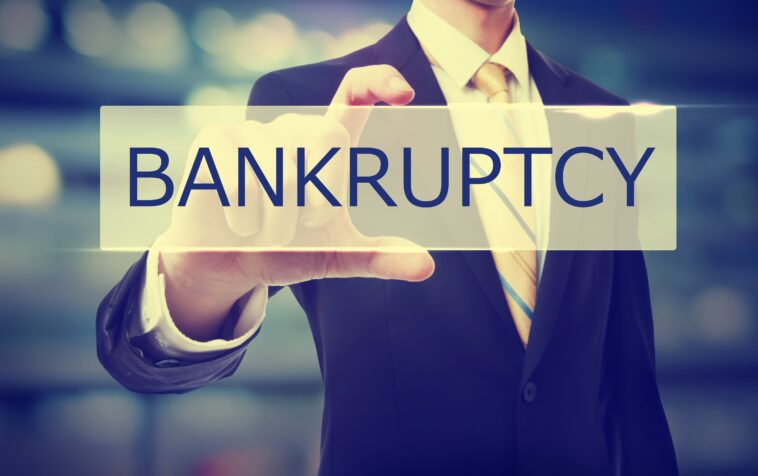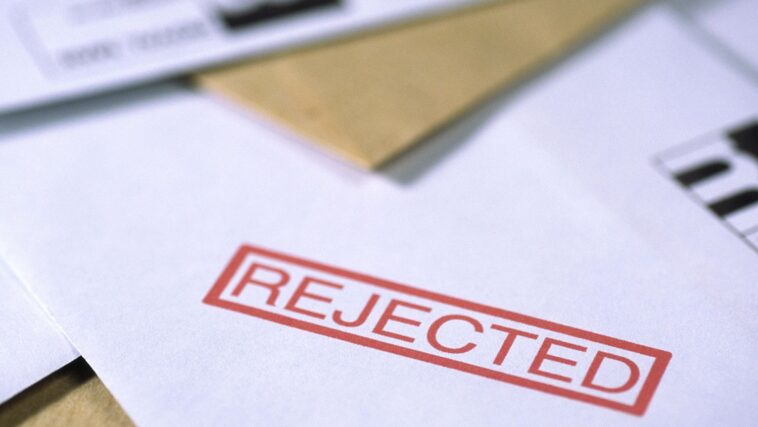As the world, as we know, has transformed into something no one can recognize, predict or have an idea on what is smart to do business-wise, many decide to declare bankruptcy. Especially since the pandemic began, leaving everyone on thin ice.
It’s one of those times when you need to either adapt your business to the new circumstances or simply fail (declare bankruptcy). If by any chance you fall into the second category, you’re probably concerned about what will happen with your credit. Read through the article, because we’ll walk you through how bankruptcy can affect your credit.
What is bankruptcy?

As lawyers from Scura Law explain, it’s a procedure business owner most often used as a way to try and reorganize or somehow set free from debt. Financial obligations and commitments tend to send business owners on the edge of the reason these days, overwhelming them, and in these situations, such procedure may come as a smart option.
But one needs to be aware, since decisions like this affect credits, negatively. How? Well, if you opt for bankruptcy, you can expect it to stay in your reports for a decade (starting with the date when you officially declared bankruptcy).
Then, the question everyone asks afterward is are there any steps one can take, in order to heal from such a situation? And you’ll be surprised to know that if you take the right steps, healing is possible. Here’s an overview of what you can expect to happen with your credit when you decide to file for bankruptcy.
How does it appear on your reports?

As it is a kind of public record, it can be listed on the reports concerning your credits. Because of this, it may have a negative effect on your credit for as long as it is listed. And as we have already mentioned, it can stay up to 10 years starting from the date you file for it.
However, there’s a best-case scenario according to which it can stay up to seven years. The worst-case scenario is ten years, and this happens when you fail to meet certain criteria. Regardless of the period, your credit score still gets affected badly. Unless you get really lucky and a future lender sees this seven-year period as more favorable.
So, these reports from public records have an impact on lowering your score. Even if your credit was good and healthy before, no one can promise what it will look like after bankruptcy. It may as well be hit even worse than someone else’s, who is already struggling with bad credit.
So, it can be concluded that filing for bankruptcy is risky in terms of not knowing how your credit will be affected since various factors can influence it.
In what way do accounts show in your reports?

The reason behind why you’ve started the whole bankruptcy thing in the first place must be because you had some bills you found challenging to keep up with paying, and these are usually related to different things (tax, medical bills, credit cards, and the list continues).
So, when you filed, you included those challenging bills. Since you did, they will appear on your credit report. Both those that are discharged and those included in the bankruptcy are there, stated with 0 balance.
Regardless of the fact you have nothing for them (zero), still, they are included in the report. And they have an effect on your future credit application since they can be the reason your application can be denied since the lender can see them.
But as we once said, there’s a possibility to heal. These accounts won’t be much of a financial burden to you anymore, as they are not stated as unpaid. For this very reason, your credit score will start improving, but only if you are responsible from now on.
The process of healing after the bankruptcy

Rebuilding your credit history will be a process that will take time, but still, the possibility itself is promising. Although it will be quite a hike, you’ll be relieved once you get to the final destination where you finally rest, having a positive score again.
How do you get there then? Well, the first thing you need to do is list all your debts that are in bankruptcy. Double-check them on credit reports. Don’t get discouraged if you find them again in the reports after they’re discharged because the process of updating the reports can take at least two months. They will, however, be labeled as discharged.
Even though they are in public records, this doesn’t mean there can’t be a mistake, so check them every now and then, especially for negative remarks. Also, choose a credit card that is secured, to build credit, as well create a smart approach for paying back your debt.
This means you make an agreement to pay only those lines you can realistically afford to. This will lead to responsible behavior which will improve your score. Moreover, following what we have suggested may also result in an even higher credit score than the one you had before bankruptcy.
Finally, it is important to state that bankruptcy should be your last resort, you should never rush to file for it if there are tendencies to improve your business. And when you decide to file for it, arm yourself well with all the possible outcome information. It will decrease the surprise and regret a factor.
Every business has its ups and downs periods, sales tend to be higher and lower, periodically, this by no means one should consider bankruptcy every time it happens. As it was explained, it’s a serious matter with serious consequences. Before choosing to do it, check if there’s an option for debt relief, if not, then choose to file. Also, if you are not sure what to do, then consulting with a law firm that deals with these things may also help in finding the best solution for your debt.





